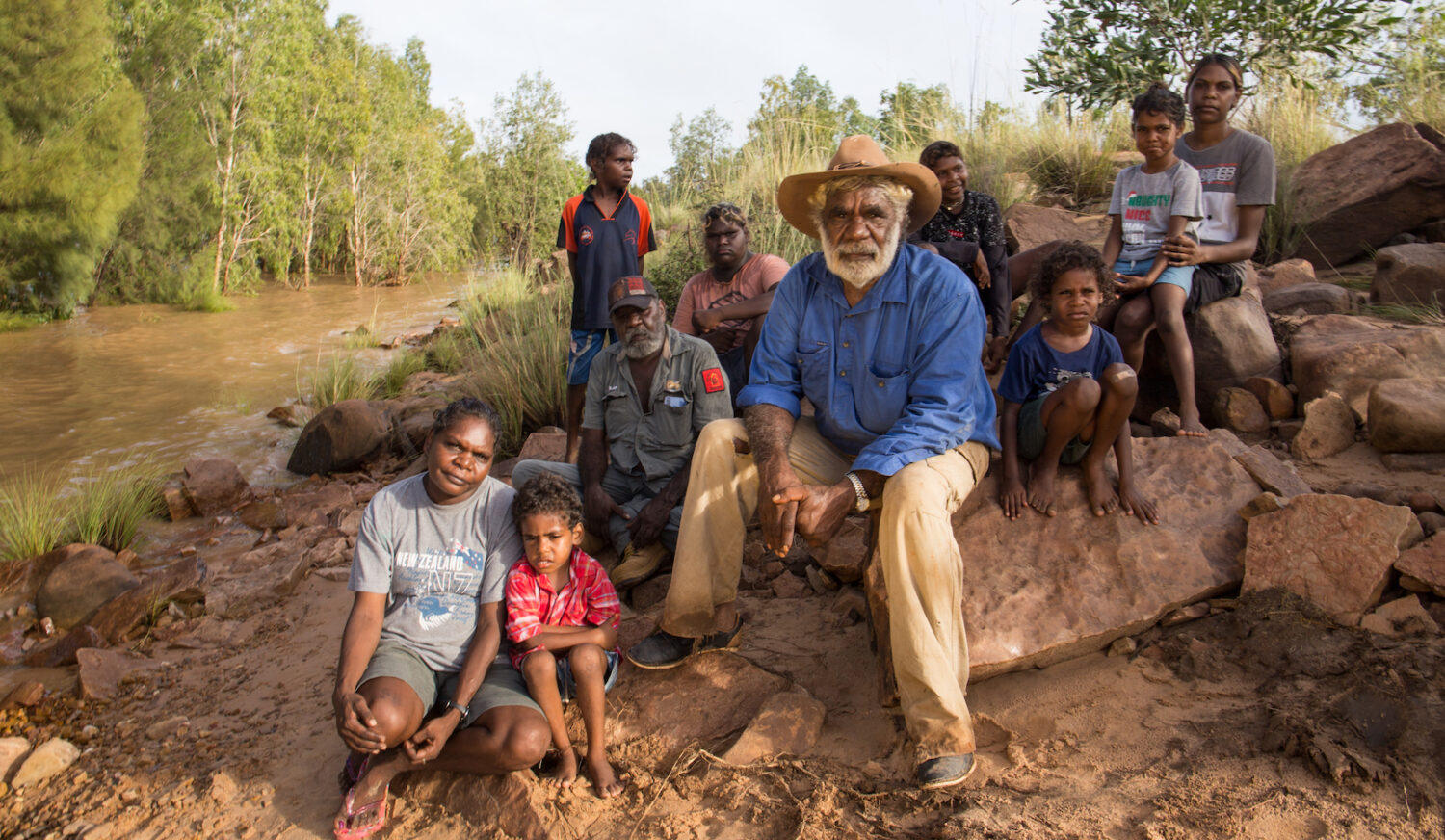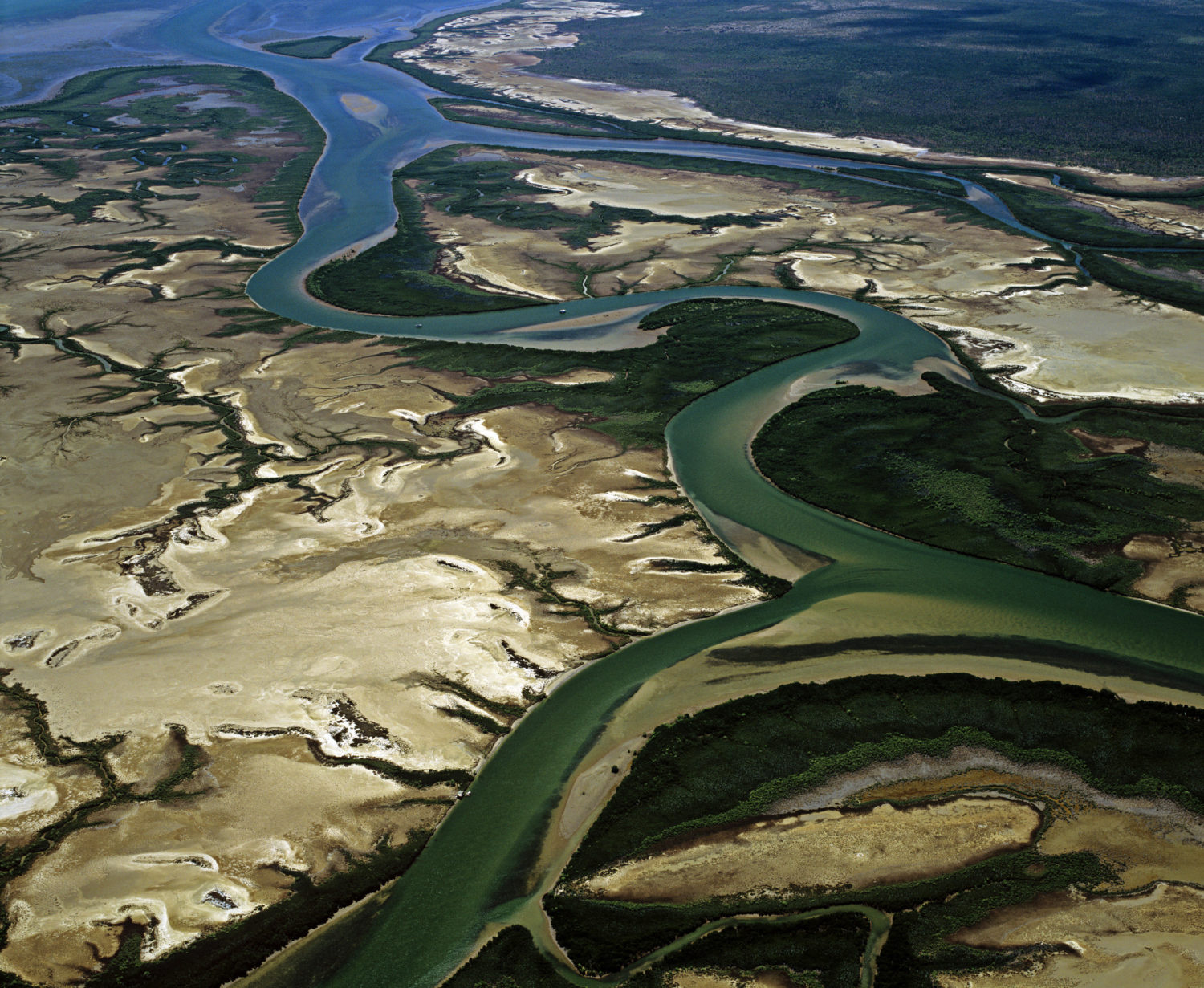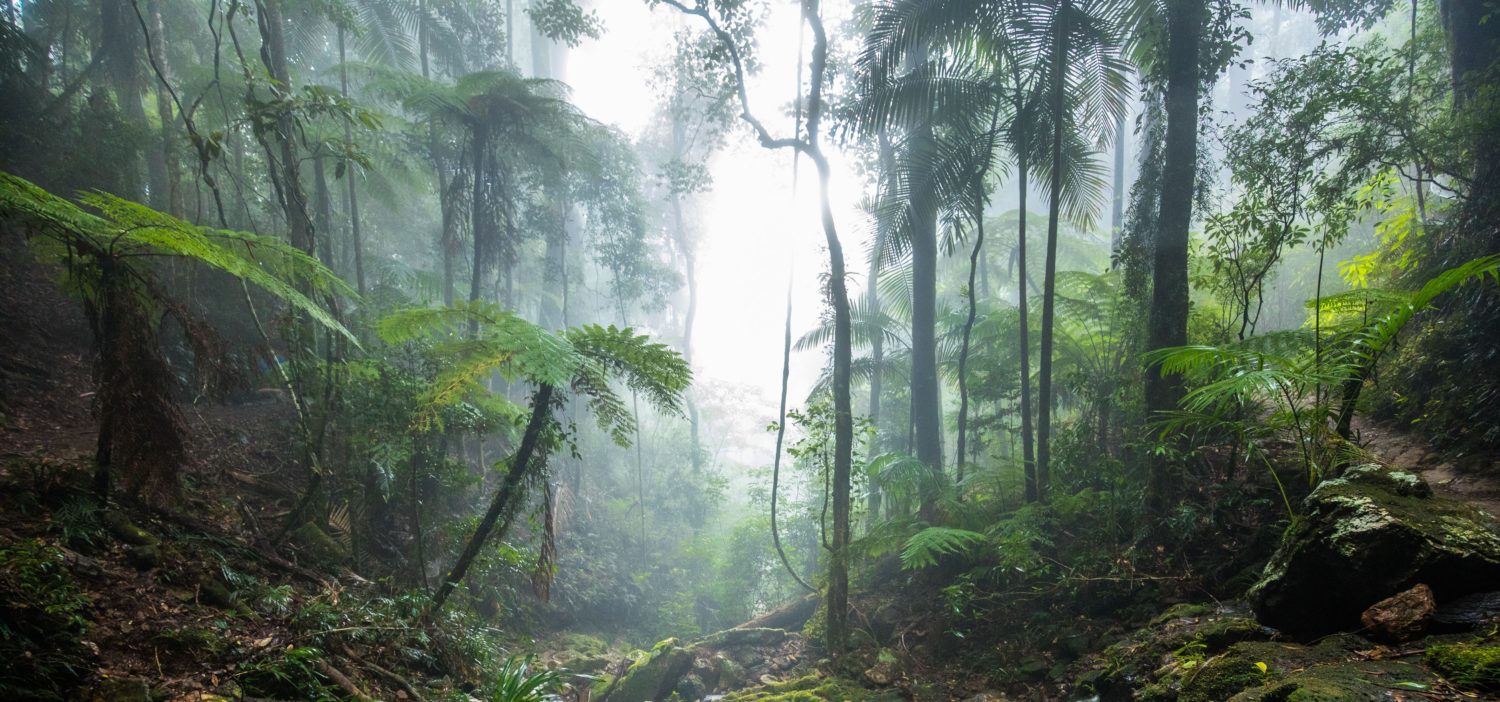The NSW Minister for Environment and Heritage has declared the Three Sisters site in Katoomba an Aboriginal Place under the National Parks and Wildlife Act 1974 (NSW) following a nomination by Gundungurra Aboriginal Heritage Association.
The Three Sisters is an important place of cultural significance to the Gundangurra, Wiradjuri, Tharawal and Darug nations, not just at the mountain-top, but in the valley below as an area for cultural ceremonies.
January 2014: The process of declaring an area of land an Aboriginal Place can be a long process. The Office of Environment and Heritage (OEH) requires evidence of the special cultural significance of an area to the traditional owners, including evidence from traditional owners who have a cultural association with the land. The applicant and the OEH must engage with the public, private landholders, or any person with a legitimate interest in whether the area is declared an Aboriginal Place. In most cases, a plan of management must be created and published which must include a statement about the cultural values and significance of the place, what activities would be allowed in the area and how the management operations would be funded.
The decision to declare an Aboriginal Place is beneficial to the traditional owners as it formally and legally recognises the cultural and spiritual significance of the area and landscape under State law, rather than just any individual objects found on site. Because the Three Sisters is now an Aboriginal Place, it is an offence to harm any part of this area without permission from the NSW Government, which has recently been endangered by increased tourism and illegal rock climbing.
Under the proposed reforms of state Aboriginal cultural heritage laws, the proposed model to establish Aboriginal heritage committees and plans of management is similar to the current process of registering Aboriginal Places. This would ensure the continued protection of landscapes and resources as Aboriginal heritage, and give the community a chance to directly negotiate with developers. Out of the reform process, it will be important to ensure that the traditional owners maintain the right to seek legal relief against a breach of Aboriginal cultural heritage laws.
We applaud the efforts by the Minister, the OEH and the Gundungurra Aboriginal Heritage Association in listing such an important site for protection, and making a commitment to educate future generations about the cultural significance of this area.
*Mark Holden is EDO NSW’s Aboriginal Solicitor
The latest protecting Country and culture updates
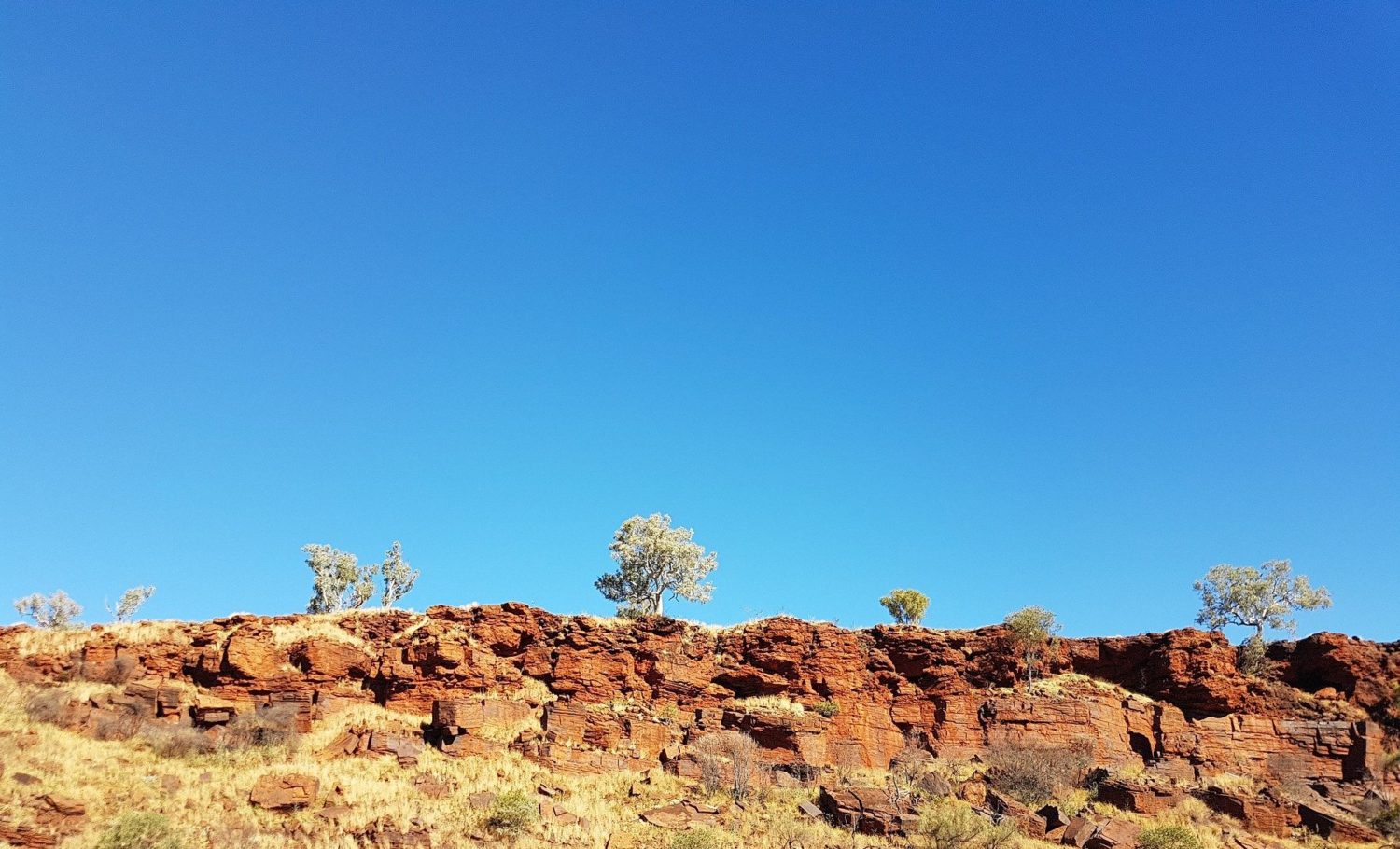
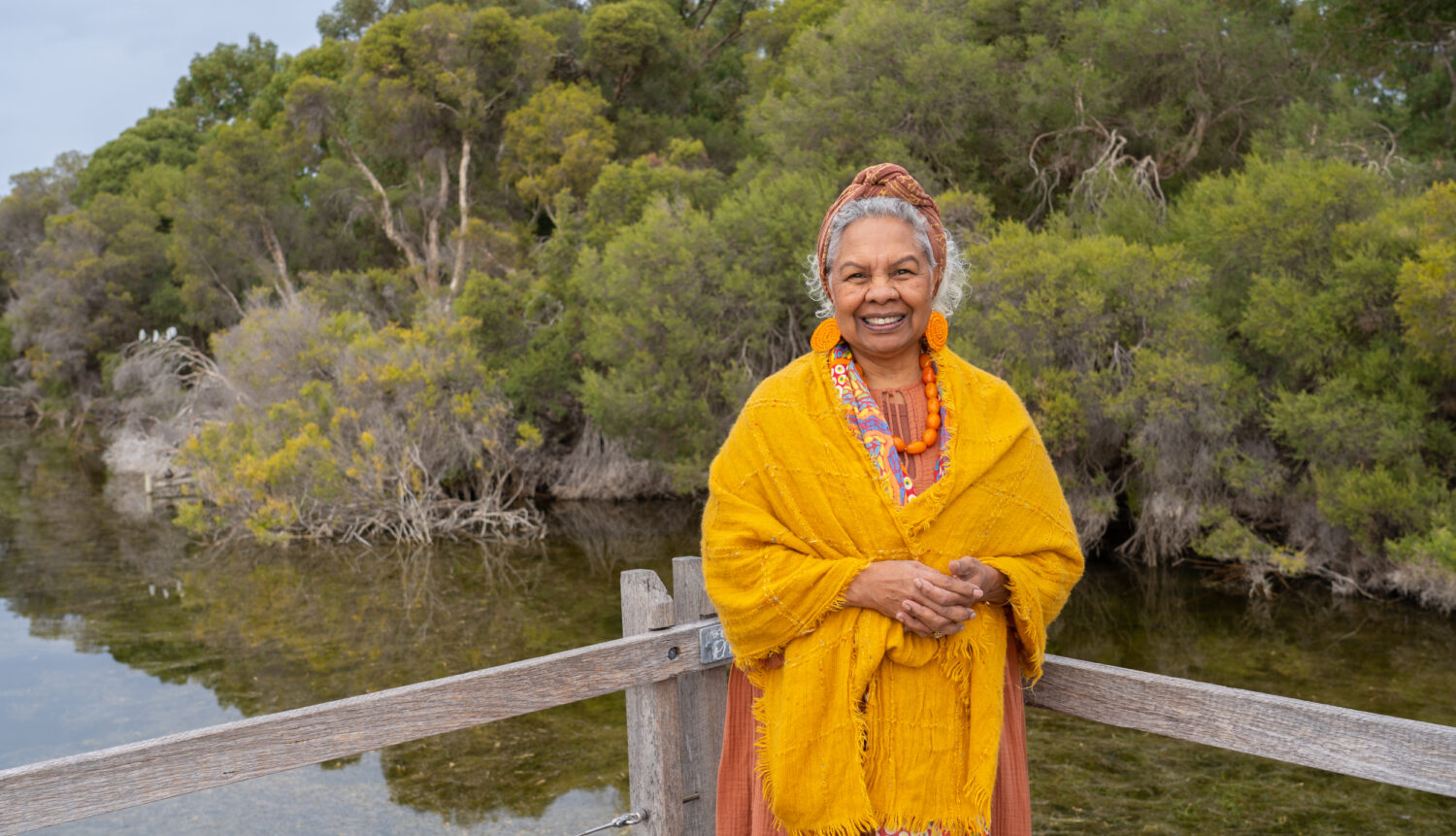
A conversation with Professor Anne Poelina, First Nations experiences and wisdom and how Western law fails Country
11 months ago — What began life as a piece of research for EDO, has now transformed into a groundbreaking book on First Law and Earth-centred laws in a Western legal context.
